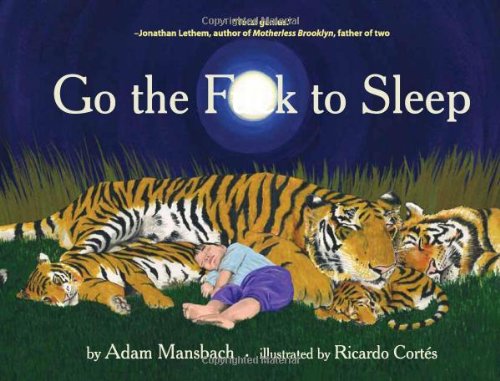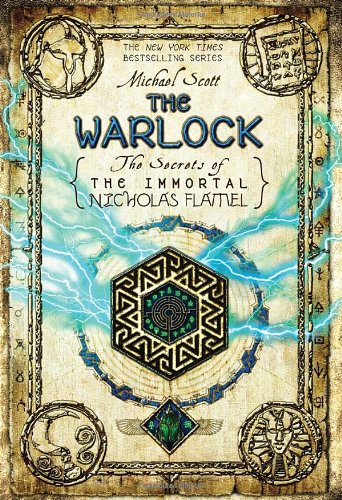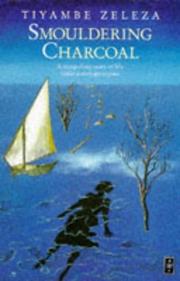#649
Title: The Alchemist and the Executioness
Author: Paolo Bacigalupi and Tobias S. Buckell
Publisher: Subterranean
Year: 2011
~200 pages
Audiobook
Two novellas set in the same universe and here packaged together. The universe was interesting, and the stories both all right. The claim is that the authors were answering a challenge to write in this genre about middle aged women; the assumption seemed to be that this hadn't been done, making me shake my head in wonder and think,
Uh... Ursula K. Le Guin?! James Tiptree, Jr.?? Were it not for this introductory statement, I would not have divined this purpose, as it is not really well-realized in these two stories. The world of the stories is functionally that of Sleeping Beauty's castle surrounded by magic brambles; here, the brambles feed on magic. Of the two, Bacigalupi's story was the more interesting to me. Though it was about magic as a dangerous resource, it can be read as a broader ecological warning--we each think we have a compelling reason not to, say, recycle, and justify this with the comforting thought that our small act has no consequences. All of us, however, create a vast pool of actions, and the rich and powerful are even more brazen and wasteful. This is entwined in the plot but, though a vital element in the story, it seems discarded at the end by the protagonist, who does not seem to learn from this but instead responds to a different level of the story, for which reason I just thought,
Good for you, but so what? Buckell's story might as well happen in any old fantasy world, and, though it could have been a nice psychological portrait, ultimately was just a sort of boring picaresque adventure, the kind that often forms the prologue or back history to the main narrative. So overall, okay but not great.

















































